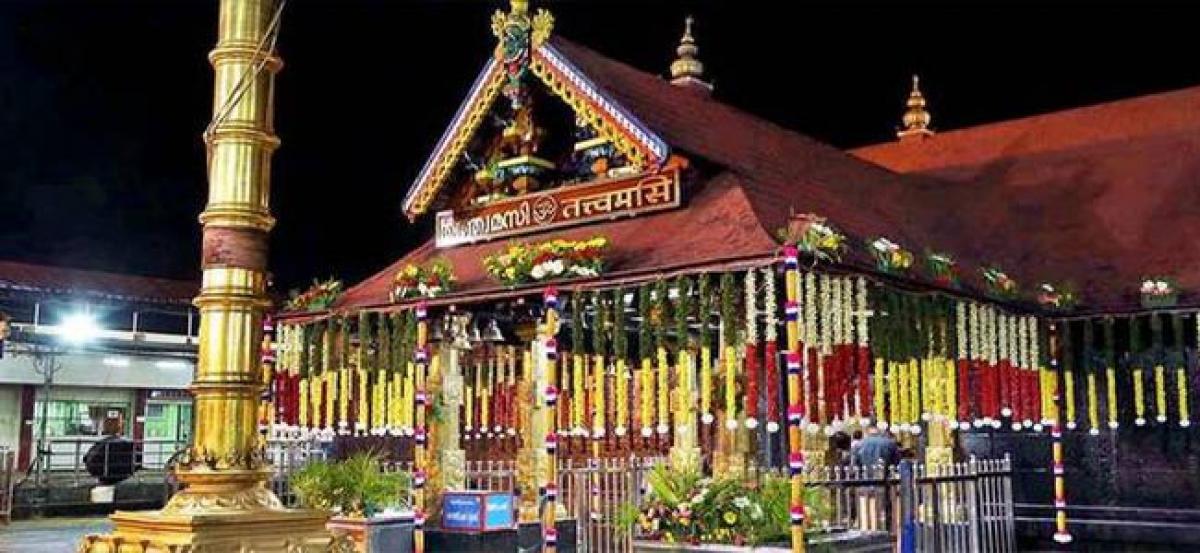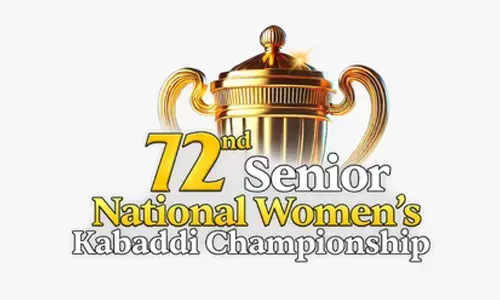Women’s dignity upheld; more needs to be done

It is a welcome sign that the apex court stands formidable against gender inequality which is manifested in its latest judgement, scrapping centuriesold practice of Sabarimala Ayyappa temple, restricting entry of women of menstruating age
It is a welcome sign that the apex court stands formidable against gender inequality which is manifested in its latest judgement, scrapping centuries-old practice of Sabarimala Ayyappa temple, restricting entry of women of menstruating age. (SC throws open Sabarimala doors to women of all ages -THI - Sept 29) A country will remain backward if women are suppressed in every way by misogynistic mindset and it is praiseworthy that the judiciary has been playing a pivotal role to end the discrimination against women.
A few days ago, the Supreme court repealed Section 497 of the IPC upholding the equality and dignity of women in the country where they are no longer treated as slaves of men. The British era laws such as Section 497 are not relevant in the changed scenario and ought to have been done away with long ago.
That the controversial section provides legal right to a man to initiate criminal proceedings against his wife's paramour whereas a woman couldn't exercise the same right against her husband’s paramour is tantamount to denial of equal status and equal rights to women. It is commendable that the Supreme Court is leaving no stone unturned in making women to lead a life with dignity and honour with equal terms with men. Gone are the days when religious practices were immune to judicial scrutiny.
Much to the relief of Muslim women, the highest judiciary gave verdict against the Triple Talaq practice that goes a long way to empower women in many ways. Unfortunately, the Parliament cannot claim itself to be on par with Supreme court when it comes to gender equality and women empowerment. By all means, judiciary can provide formidable legal framework for women to fight the injustice meted out to them in their lives.
But what is needed now is strong will on the part of the government and change of mindset on the part of society especially men to create a conducive environment and atmosphere for women where they could lead a life of their own without discrimination, prejudice and with security, dignity, economic independence and self-respect. Most importantly, the government needs to come out with more sincere efforts to put in to reality the vision of the Supreme Court to build equitable India through empowerment of women to enable them to occupy their rightful place in society.















